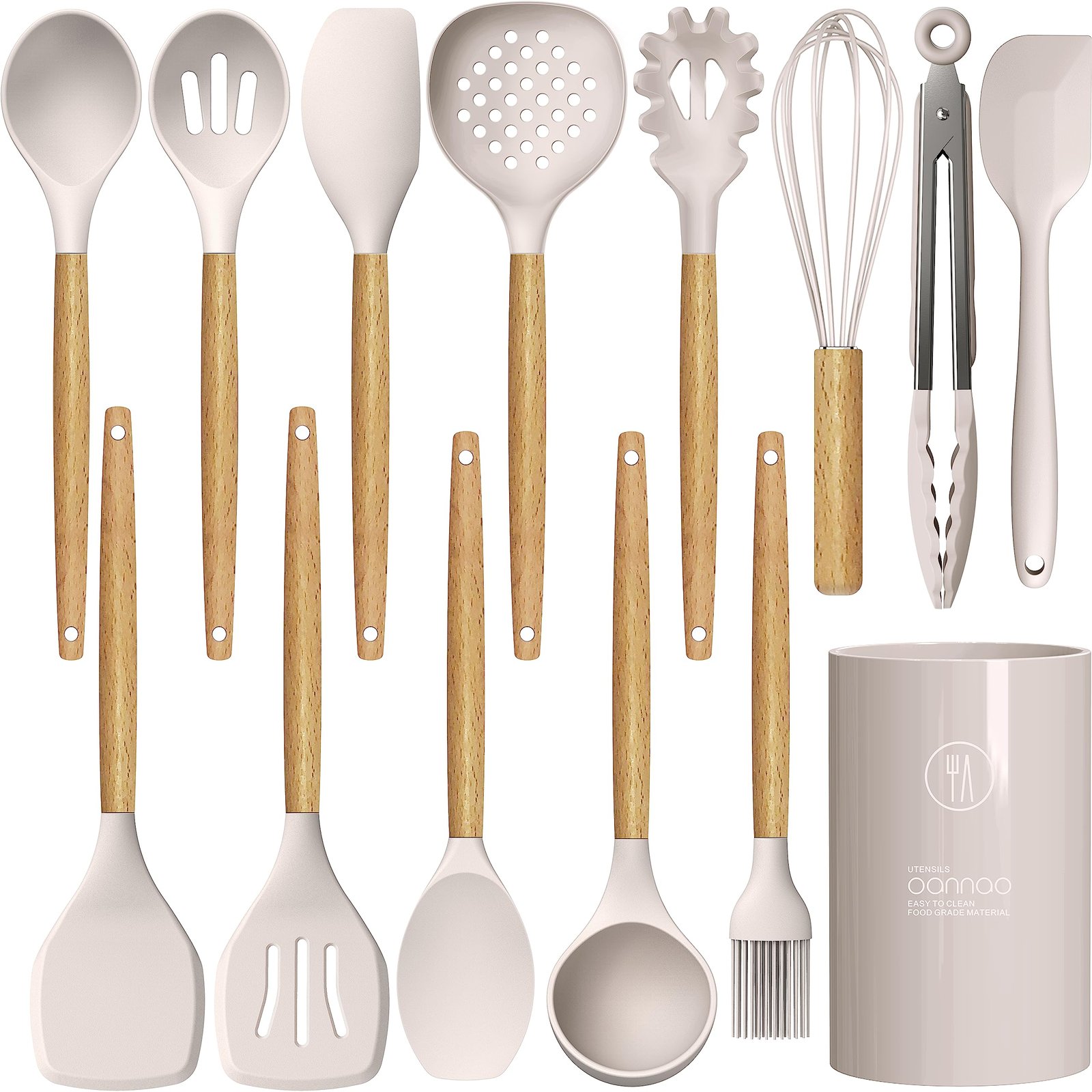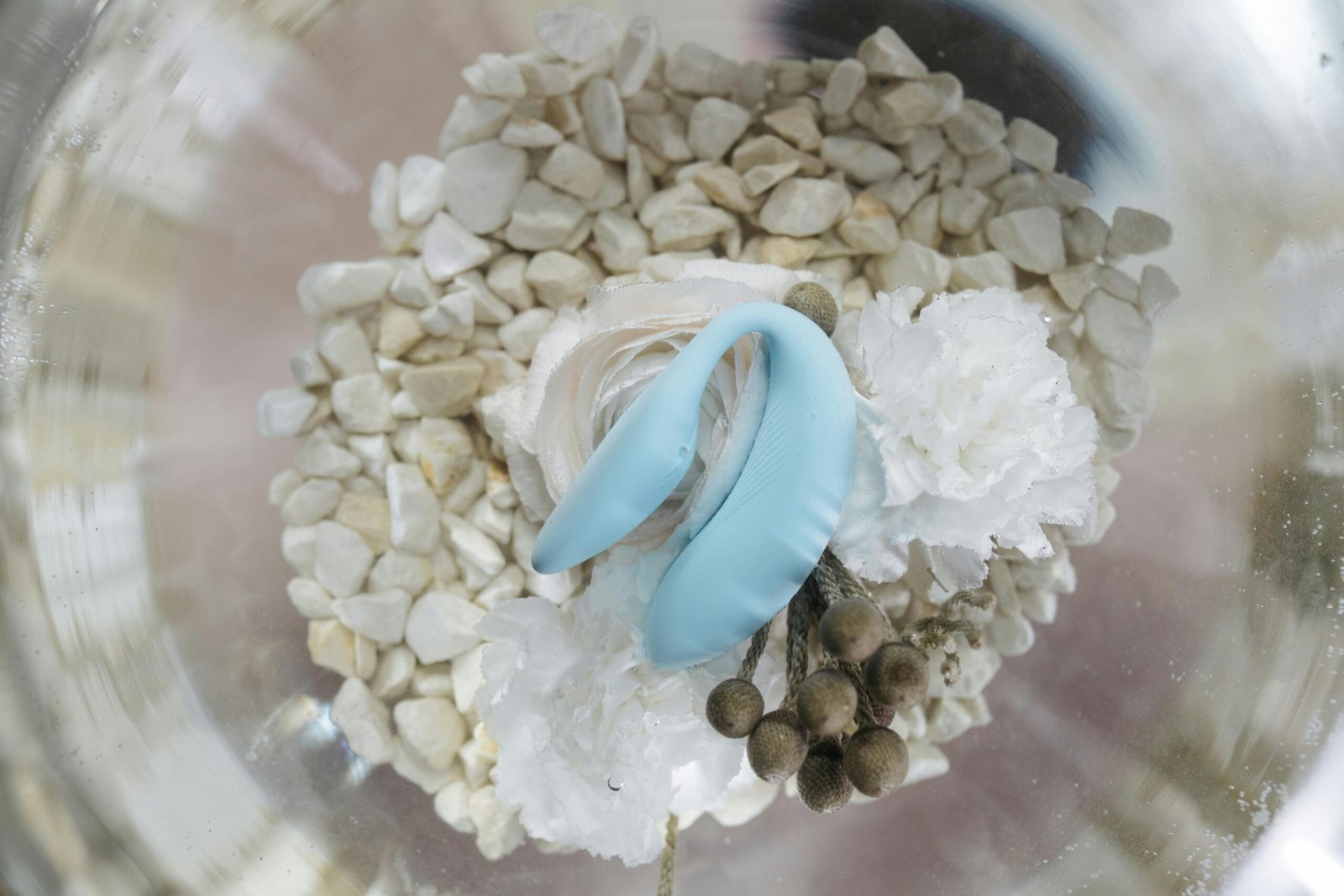Silicone products have become ubiquitous in our daily lives, providing exceptional functionality and versatility across various industries. This guide delves into the myriad applications, benefits, and environmental considerations of silicone products, offering a thorough understanding of their importance and usage.
Understanding Silicone
Silicone is a synthetic polymer composed of silicon, oxygen, carbon, and hydrogen. Known for its stability and resistance to extreme conditions, silicone is a preferred material for numerous applications, from household items to industrial components.
Categories of Silicone Products
Silicone products are diverse, catering to different needs and industries. Key categories include:
- Silicone Kitchenware
- Silicone Medical Devices
- Silicone Industrial Components
- Silicone Personal Care Products
1. Silicone Kitchenware
Silicone kitchenware has gained immense popularity due to its non-toxic, heat-resistant properties. Common items include:
- Bakeware: Silicone baking mats, molds, and trays offer non-stick surfaces, making baking easier and cleanup effortless.
- Cooking Utensils: Spatulas, whisks, and spoons made from silicone can withstand high temperatures without melting or degrading.
- Storage Solutions: Silicone lids and food storage bags are flexible, durable, and environmentally friendly alternatives to plastic.
2. Silicone Medical Devices
In the healthcare sector, silicone’s biocompatibility and durability are invaluable. Common silicone medical devices include:
- Implants: Silicone is used in various implants, including breast implants and joint prostheses, due to its compatibility with human tissue.
- Catheters and Tubing: These items are essential in medical settings for fluid and air passage.
- Respiratory Equipment: Masks and other respiratory aids are often made from silicone for comfort and safety.
3. Silicone Industrial Components
Silicone’s resilience and versatility make it ideal for industrial applications. Key components include:
- Seals and Gaskets: Used in machinery and engines to provide airtight seals, preventing leaks and contamination.
- O-rings: Crucial in various mechanical systems for sealing and ensuring the integrity of components.
- Electrical Insulation: Silicone is an excellent insulator, protecting electrical components from moisture and temperature extremes.
4. Silicone Personal Care Products
Silicone’s gentle properties have led to its use in a wide range of personal care items, including:
- Menstrual Cups: Reusable and eco-friendly alternatives to traditional sanitary products.
- Baby Products: Teething rings and bottle nipples made from silicone are safe and durable.
- Beauty Tools: Makeup applicators, facial cleansing brushes, and hair care tools benefit from silicone’s soft, non-irritating properties.
Benefits of Silicone Products
Silicone products offer numerous advantages, making them a preferred choice across various sectors. Key benefits include:
- Durability: Silicone is resistant to wear and tear, ensuring a long lifespan for products.
- Heat and Cold Resistance: It can withstand extreme temperatures, making it suitable for both high-heat and freezing environments.
- Non-Toxicity: Silicone is safe for use in food and medical applications, as it does not leach harmful chemicals.
- Flexibility: Its flexibility allows for easy molding and adaptability in various forms.
- Chemical Resistance: Silicone is resistant to water, oils, and chemicals, which enhances its durability and usability.
Selecting Quality Silicone Products
To ensure you choose high-quality silicone products, consider the following factors:
- Material Grade: Opt for food-grade or medical-grade silicone for kitchenware and medical devices, respectively.
- Certifications: Look for certifications such as FDA approval to guarantee safety and quality.
- Brand Reputation: Purchase from reputable brands known for producing high-quality silicone products.
- Customer Reviews: Check online reviews to gauge product performance and customer satisfaction.
Environmental Impact of Silicone Products
Silicone is often considered a more environmentally friendly option compared to plastic. Its durability means that silicone products can be used for longer periods, reducing waste. However, silicone production is energy-intensive, and proper recycling processes are necessary to minimize environmental impact.
Innovations in Silicone Technology
Continuous advancements in silicone technology are expanding its applications and enhancing its properties. Notable innovations include:
- Advanced Coatings: New coatings improve the performance and durability of silicone products.
- Eco-Friendly Alternatives: Research is ongoing to develop biodegradable silicone materials.
- Enhanced Flexibility and Strength: Improved formulations provide better performance in demanding applications.
Conclusion
Silicone products have become integral to various aspects of modern life, from kitchenware to medical devices and industrial components. Their unique properties, including durability, heat resistance, and non-toxicity, make them invaluable in multiple applications. By understanding the different types, benefits, and environmental considerations of silicone products, consumers can make informed choices that enhance their lives and contribute to sustainability.













